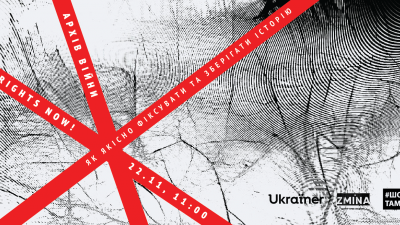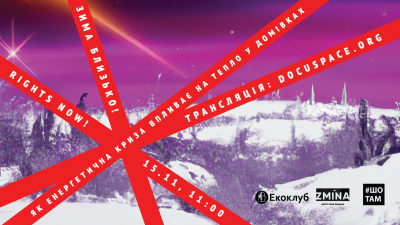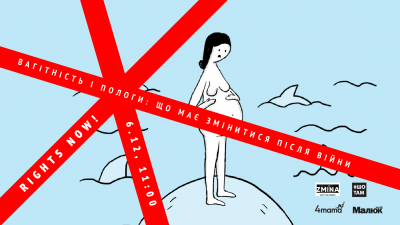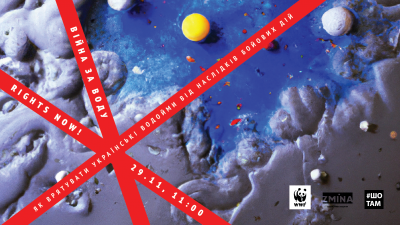
broadcast recording
It's 2020, the world is threatened by a pandemic – the new and unknown coronavirus disease. At the same time, the mountain village of Kolochava in Zakarpattia goes on with daily life because people here face difficulties constantly.
Mariia, Tetiana, Anna and Svitlana are very well known in the village. They are the four female paramedics working at the only ambulance station in Kolochava. Despite the pandemic, most of the calls in this village are the same old diseases: strokes, hypertension and cardiovascular diseases, pancreatitis, alcohol intoxication and others. People keep suffering from severe illnesses, which become even more dangerous in hospitals, now overcrowded with COVID-19 patients.
The villagers get born, get married, celebrate… and eventually die. Life is too short to be put on pause. It seems the life cycle in this village will last forever, but will its people be able to survive if the next pandemic is more deadly? Life in the village continues, and the ambulance workers are always ready to come to the rescue.
Dmytro Hreshko
Polina Herman
Dmytro Hreshko
Volodymyr Tret’yakov, Volodymyr Shchobak
Viktor Malyarenko, Dmytro Hreshko
UP UA Studio

broadcast recording

broadcast recording

broadcast recording

broadcast recording
broadcast recording